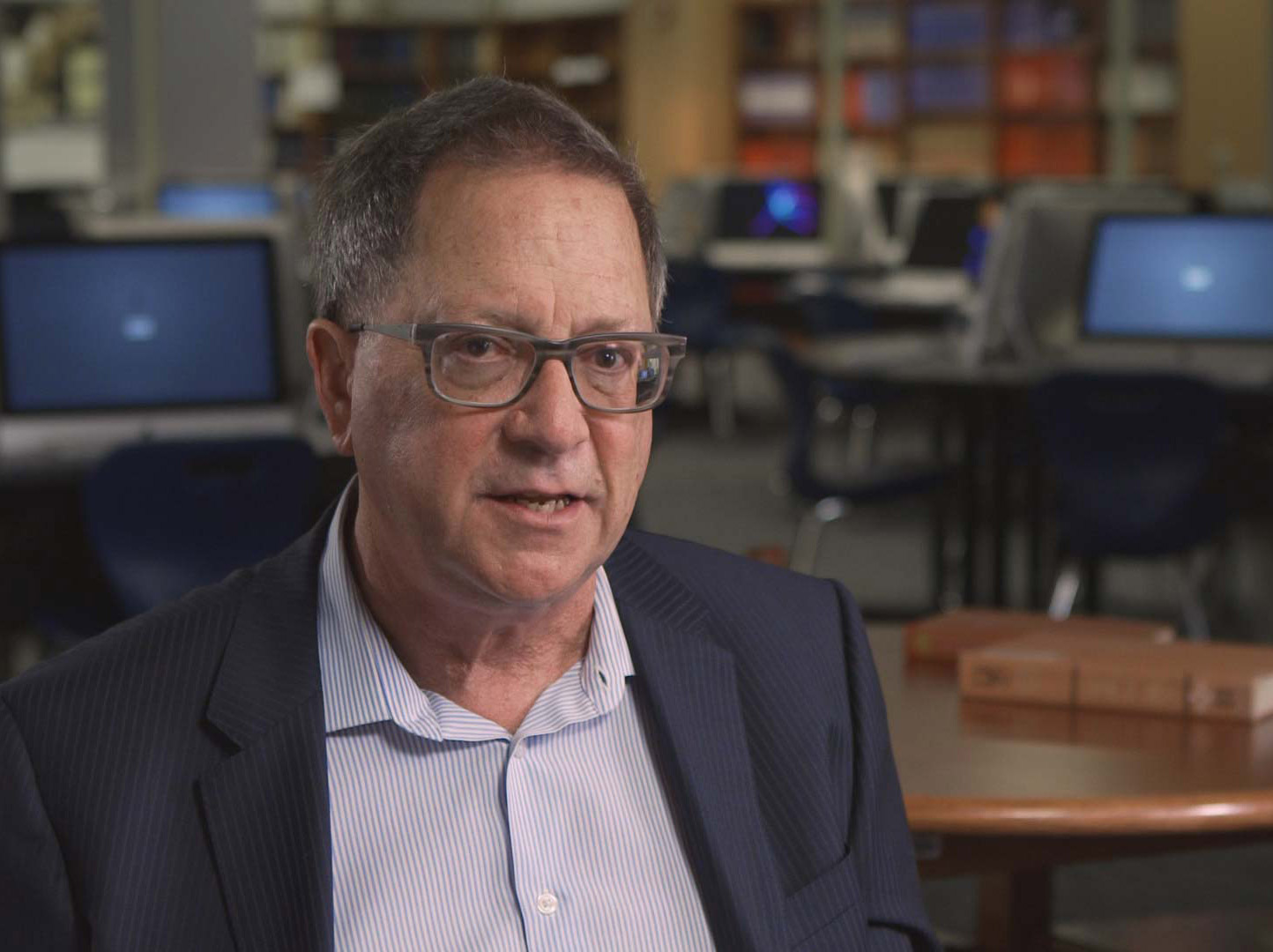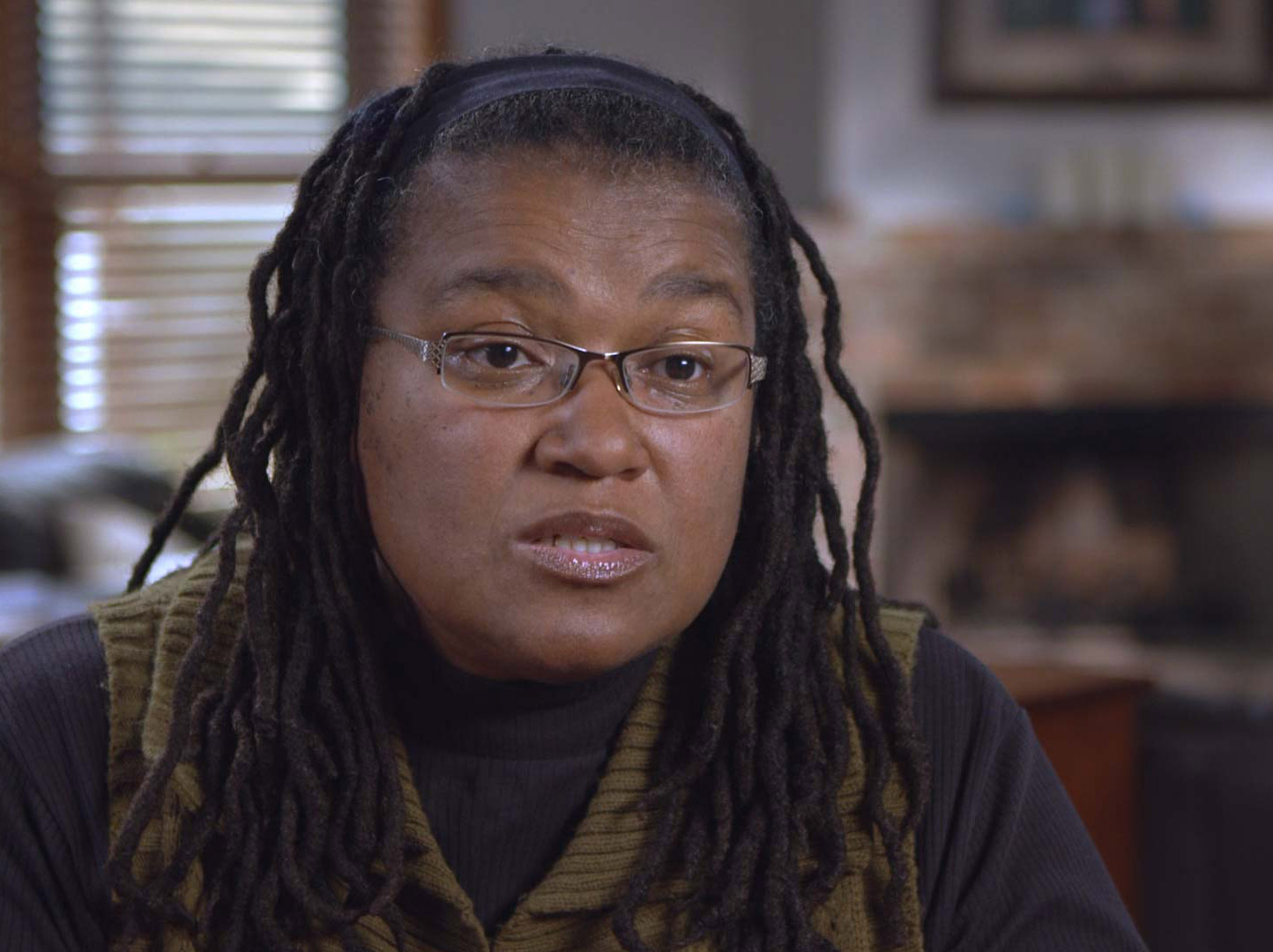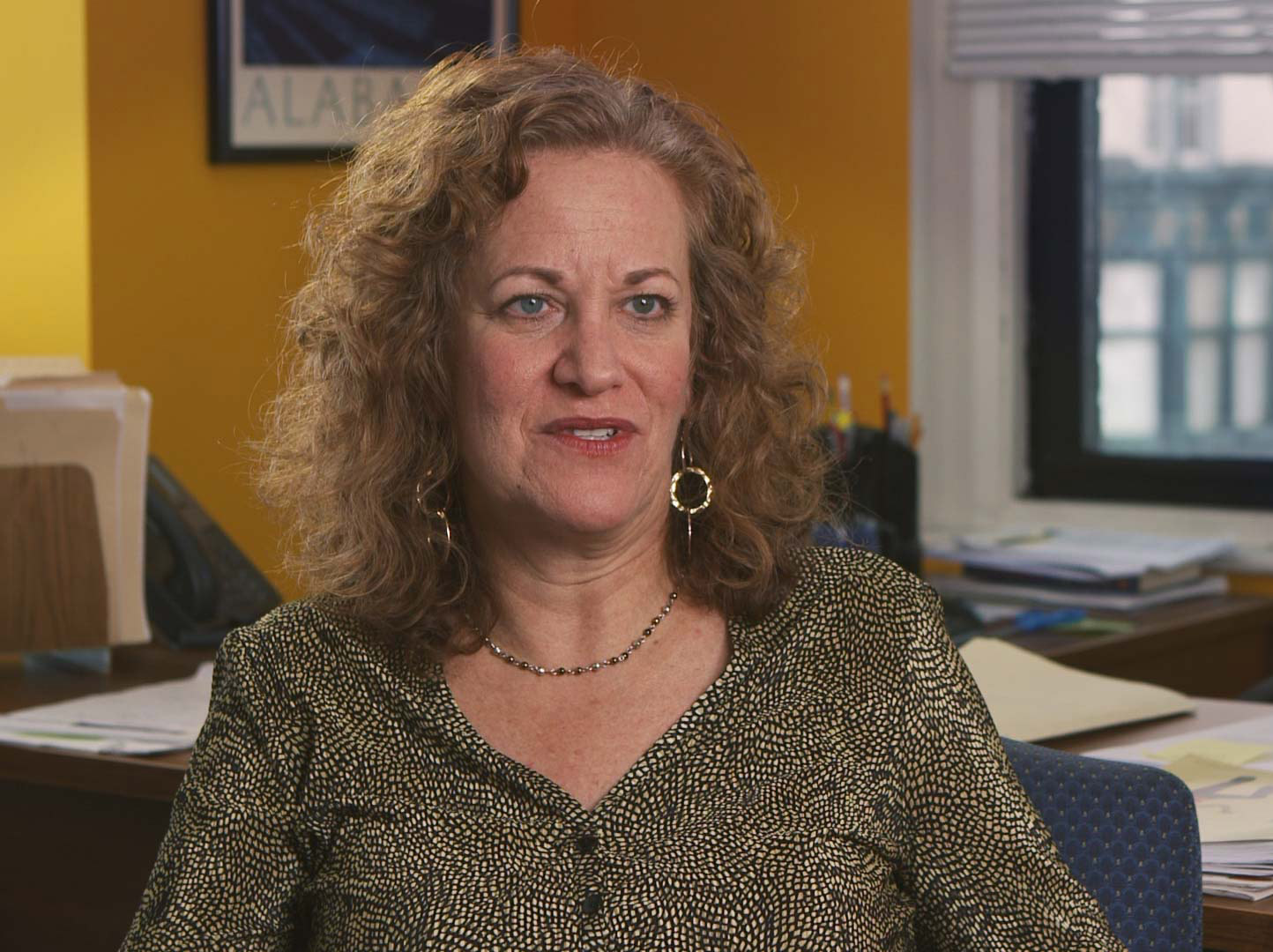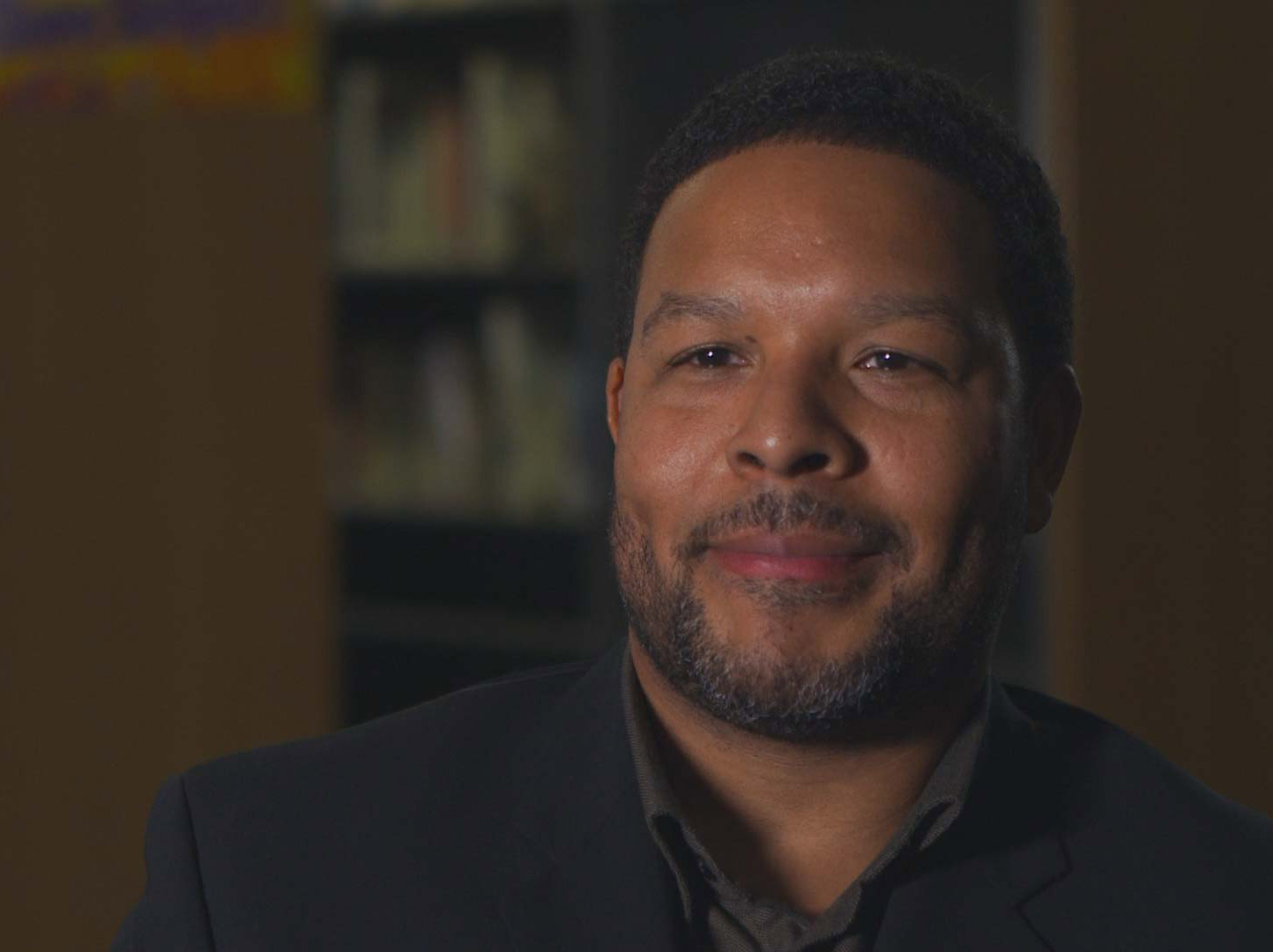For Backpack Full of Cash, we interviewed leading experts who write and speak widely about public education and democracy, particularly about the growing impact of privatization on K-12 schools. Here are some of the individuals whose impressive work we drew upon in making our documentary film.
Thought Leaders

DAVID KIRP
Dr. Kirp is a professor of Public Policy at U.C. Berkeley. A well-known journalist whose articles regularly appear in the New York Times and other national publications, Kirp is also the author of some sixteen books including Improbable Scholars: The Rebirth of a Great American School System and a Strategy for America’s Schools. He served on the Presidential Transition Team for Barack Obama.
“The vision of American education that made this a distinctive place – the school that would be open to the rich and poor alike – that institution is endangered in many places. And in some places it seems almost irreparably lost.”

DIANE RAVITCH
Former U.S. Assistant Secretary of Education, historian and public intellectual, Ravitch is the author of numerous books about education including The Death and Life of the Great American School System and Reign of Error: The Hoax of the Privatization Movement and the Danger to America’s public schools. In recent years, Ravitch has become a strong advocate for public schools and their teachers.
“Test scores today are the highest they’ve ever been in American history — for white kids, black kids, Hispanic kids and Asian kids. And the dropout rates are the lowest they’ve ever been. And people are shocked to hear this because there’s been this constant din of failure, failure, decline, decline.”

KARRAN HARPER ROYAL
Harper Royal is a New Orleans parent and public school advocate. She is Assistant Director of the Pyramid Community Parent Resource Center and a founding member of Parents Across America. She also serves as a consultant to the Southern Poverty Law Center, and is a champion for students with disabilities.
“People shouldn’t be confused whether it’s called a scholarship or some other name they invent for it, it is still a voucher. Your tax dollars are being used to pay for private education.”

LINDA DARLING-HAMMOND
An international researcher and education policy analyst, Dr. Darling Hammond currently serves as President & CEO of the Learning Policy Institute. She is a professor at Stanford University and founder of the Stanford Center for Opportunity Policy in Education. Darling Hammond served as the education advisor to President Obama’s campaign, and is the author of many books including The Flat World and Education: How America’s Commitment to Equity Will Determine Our Future.
“We’re creating incentives for teachers to not want to teach, to be evaluated in ways that are unstable, unreliable and inaccurate. That’s driving good people out of teaching.”

HELEN GYM
A Philadelphia City councilperson, Gym is the first Asian American woman to hold that position. She is also a community organizer, journalist, former school teacher, and is on the board of Asian Americans United, a racial-justice and advocacy group. She is the co-founder of Parents United for Public Education.
“One of the ways that you exhibit as a government and a society your love for children is in the institutions you build around them and one of the most central of them is the public school.”

RHONDA BROWNSTEIN
Legal Director of the Southern Poverty Law Center, Brownstein formerly served as Executive Director of The Education Law Center of Pennsylvania, an organization that advocates on behalf of the most vulnerable students. She led civil rights impact litigation across the country and two of her cases went to the U.S. Supreme Court
“You go into a wealthy community. You won’t see charter schools. Why don’t they have charter schools? They don’t need them. They’re happy with their public schools. WHY? Because they’re well funded.”

OTIS HACKNEY
Chief Education Officer for the City of Philadelphia and an advocate for Community Schools, Hackney served as Principal of South Philadelphia High School from 2010-2015. During Hackney’s tenure, despite a high student poverty rate, enrollment increased, attendance improved, and the graduation rate rose, almost reaching the citywide average according to The Public School Notebook.
“When people remain in that vicious cycle of poverty, how do they really become contributing and productive citizens? It all comes down to citizenship. If you want to have a stronger country, then you create stronger citizens. To do that, you create stronger public schools.”